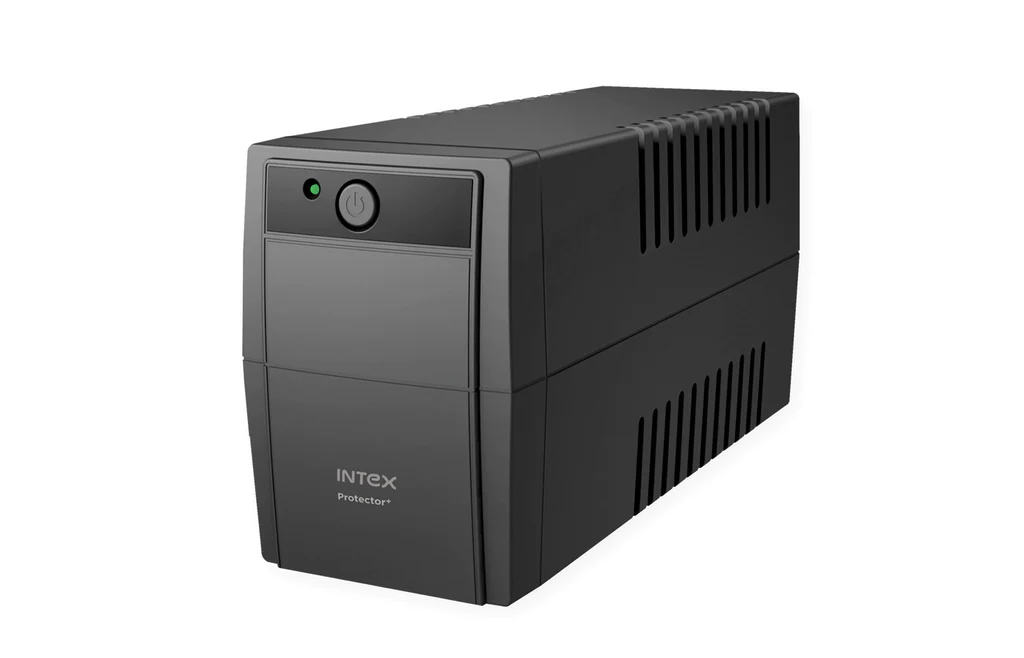Backup Systems

Generater
In electricity generation, a generator is a device that converts motion-based power (potential and kinetic energy) or fuel-based power (chemical energy) into electric power for use in an external circuit. Sources of mechanical energy include steam turbines, gas turbines, water turbines, internal combustion engines, wind turbines and even hand cranks. The first electromagnetic generator, the Faraday disk, was invented in 1831 by British scientist Michael Faraday. Generators provide nearly all the power for electrical grids.

Inverter Battery
A backup battery provides power to a system when the primary source of power is unavailable. Backup batteries range from small single cells to retain clock time and date in computers, up to large battery room facilities that power uninterruptible power supply systems for large data centres. Small backup batteries may be primary cells; rechargeable backup batteries are kept charged by the prime power supply.

UPS
“UPS” commonly stands for Uninterruptible Power Supply. It’s a device that provides battery backup to maintain power in case of electrical power failure. The UPS system is designed to protect electronic equipment from power disturbances, including outages, sags, surges, and spikes. It ensures that connected devices receive a continuous and stable power supply, allowing them to function without interruption.
